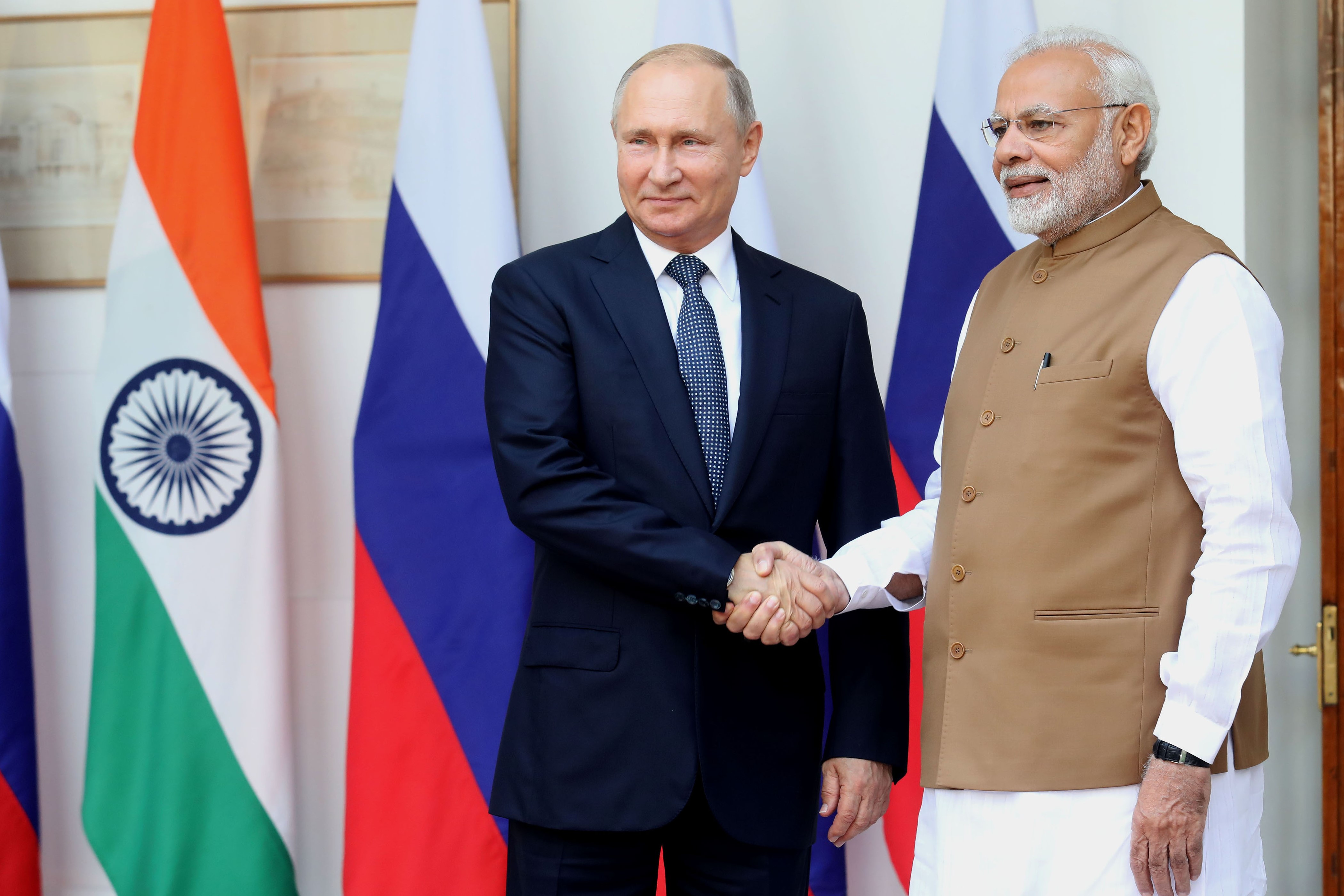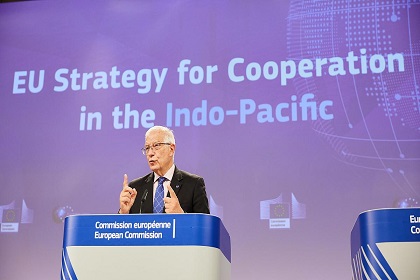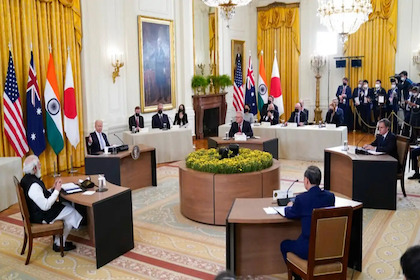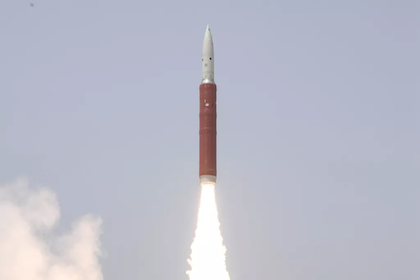Modernising India-Russia ties
The India-Russia leaders’ summit and ministerial meetings in New Delhi on Dec. 6, scored big. Differences were set aside to make transformative progress in defence, fintech and connectivity among other sectors, commencing a new era of India-Russia relations fit for the 21st century.










